Your Essential Knowledge of Rights and Protections as a Property Owner in Dubai
Dubai is globally renowned for its exclusive real estate market and dynamic growth. To invest successfully in this highly profitable market, it is crucial to understand your rights as a property owner and make full use of the legal protections available. Only with a solid understanding of the legal framework and real estate law in the United Arab Emirates can you safeguard your investment and minimize risks over the long term.
Dubai offers foreign investors clear and transparent regulations, making its real estate market particularly attractive. A thorough understanding of real estate laws and the specific rights of property owners is key to a successful transaction. This guide provides a detailed overview of the essential legal aspects every property buyer in Dubai should consider.
Your rights as a property owner in Dubai — A comprehensive overview
As a property owner in Dubai, you benefit from a range of rights that allow you to protect and manage your investment. The legal framework, established by the Dubai Land Department (DLD) and other competent authorities, clearly defines these rights, providing a high level of legal certainty.
Full Ownership of Freehold Areas
A key right for foreign investors is the ability to purchase real estate in designated freehold areas. In these zones, property owners in Dubai have full ownership of their property, with no restrictions on the duration of ownership or use. Popular freehold areas include Dubai Marina, Palm Jumeirah, Downtown Dubai, and Jumeirah Village Circle. Ownership in these areas gives you the freedom to sell, rent, or bequeath your property without limitations.
Right to Rental Contracts and Income
As a property owner, you also have the right to enter into rental agreements with third parties and earn rental income. This income is governed by a clear legal framework that protects both your interests and those of your tenants. All rental contracts must comply with legal requirements, and disputes are typically resolved through the Dubai Rent Disputes Center.
Structural Changes and Permits
You may customize your property to suit your preferences, but structural changes, such as renovations or expansions, require approval from the relevant authorities. These regulations help maintain the security and value of your property and prevent unauthorized modifications.
Comprehensive Protection for Property Owners in Dubai
Legal protection for your investment in Dubai is highly robust, offering numerous mechanisms to ensure both financial and legal security.
Protection Against Late Tenant Payments
If a tenant delays payment, several legal safeguards are available. Tenants are typically required to provide a security deposit, which can cover late payments. Additionally, around 70% of annual rent is usually paid in advance through one or two checks, providing further income security. If delays persist, you can take legal action through the Dubai Rent Disputes Center to claim outstanding rent. This process is efficient and ensures your income is legally protected.
Warranty Periods and Compensation for Off-Plan Properties
Off-plan properties, often attractive to investors, are protected under Dubai real estate law against risks such as construction delays or developer insolvency. It is essential that sales contracts include clear guarantees and deadlines. The Dubai Land Department oversees these projects, ensuring they are managed reliably and protecting investors from incomplete or uncertain developments. Should a developer go bankrupt or fail to meet contractual obligations, you can claim compensation.
Insurance for Additional Protection
In addition to legal safeguards, tailored insurance provides extra protection. Property owners in Dubai are advised to invest in building insurance covering risks like fire, water damage, and storms. Liability insurance is also recommended to protect against third-party claims. Together, these policies offer comprehensive coverage, safeguarding your property and capital from unforeseen events.
Your Rights and Obligations When Buying Property in Dubai
Purchasing real estate in Dubai follows a well-structured and transparent process. As a buyer, you have comprehensive rights, as well as obligations, that must be fulfilled to ensure your investment is legally protected.
Review of Property and Ownership
Before purchasing, you have the right to examine all relevant documents, including the land register, ownership records, and building permits. It is essential to verify that the property is free of legal encumbrances and that all construction complies with local regulations.
Registering with the Dubai Land Department
The purchase process is only complete once the property is registered with the Dubai Land Department (DLD). This registration serves as official proof of ownership and protects you from potential legal disputes. Once registration is finalized, you receive the Title Deed, which serves as the legal document confirming your ownership.
Legal Framework and Regulations for Foreigners
As a foreign investor, you have access to designated freehold areas in Dubai, where you acquire full ownership rights to real estate. These areas offer numerous advantages, including the ability to sell, rent, or bequeath property — opportunities often not available in other countries.
Differences from other Emirates
It is important to understand how Dubai differs from other emirates such as Abu Dhabi. While Dubai allows foreigners to purchase property in freehold areas relatively freely, other emirates often have stricter regulations. In Abu Dhabi, for example, many areas are off-limits to foreign buyers, and the rules for purchasing real estate are more restrictive.
Tax Benefits
A major advantage of investing in Dubai real estate is the absence of capital gains tax and property tax, making it highly attractive for investors. However, it is important to consider other potential costs, such as brokerage and transaction fees, as well as any wealth taxes or tax obligations in other countries where you may be liable.
Protection against real estate fraud — your safety comes first
Although Dubai’s real estate market is well-regulated, fraud can still occur. To minimize risks, work only with licensed brokers and reputable developers accredited by the Dubai Land Department. Thoroughly reviewing property documents, contracts, and developer valuations is essential to ensure a secure and reliable transaction.
Recent Legislative Developments: Act No. 19 and Article 3
An important change in Dubai's real estate law is Act No. 19 of 2020, which gives the Dubai Land Department more powers to cancel sales contracts under certain circumstances. These regulations serve to protect investors from dubious transactions and ensure that your property is legally protected.
The Importance of the Title Deed
The Title Deed is the most important document for any property owner in Dubai. It confirms your ownership and enables you to legally sell or rent out your property. Always ensure your Title Deed is accurate and up to date to prevent future legal conflicts.

.svg)

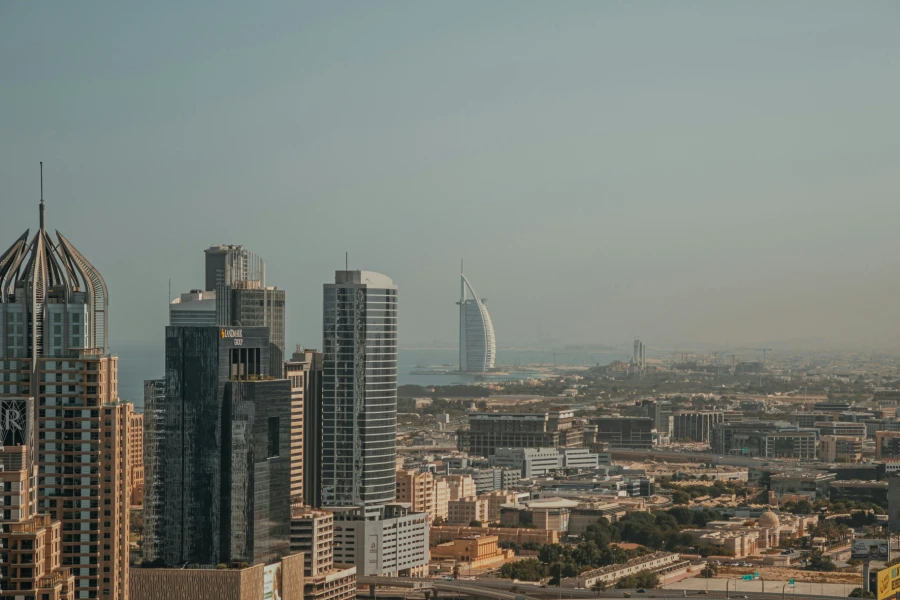




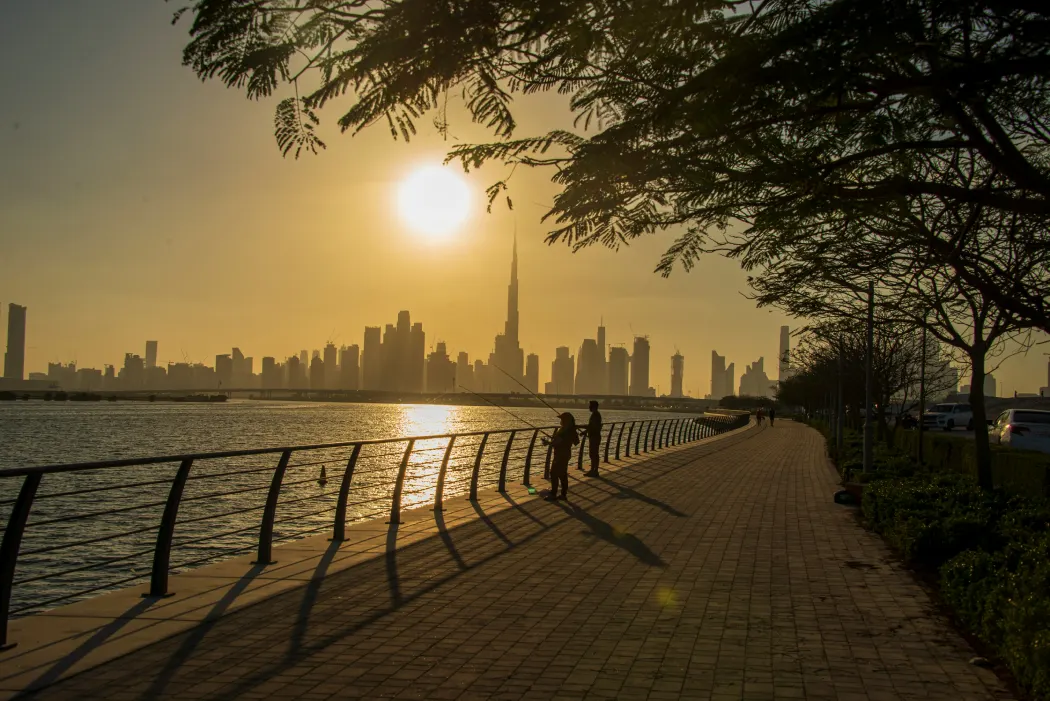



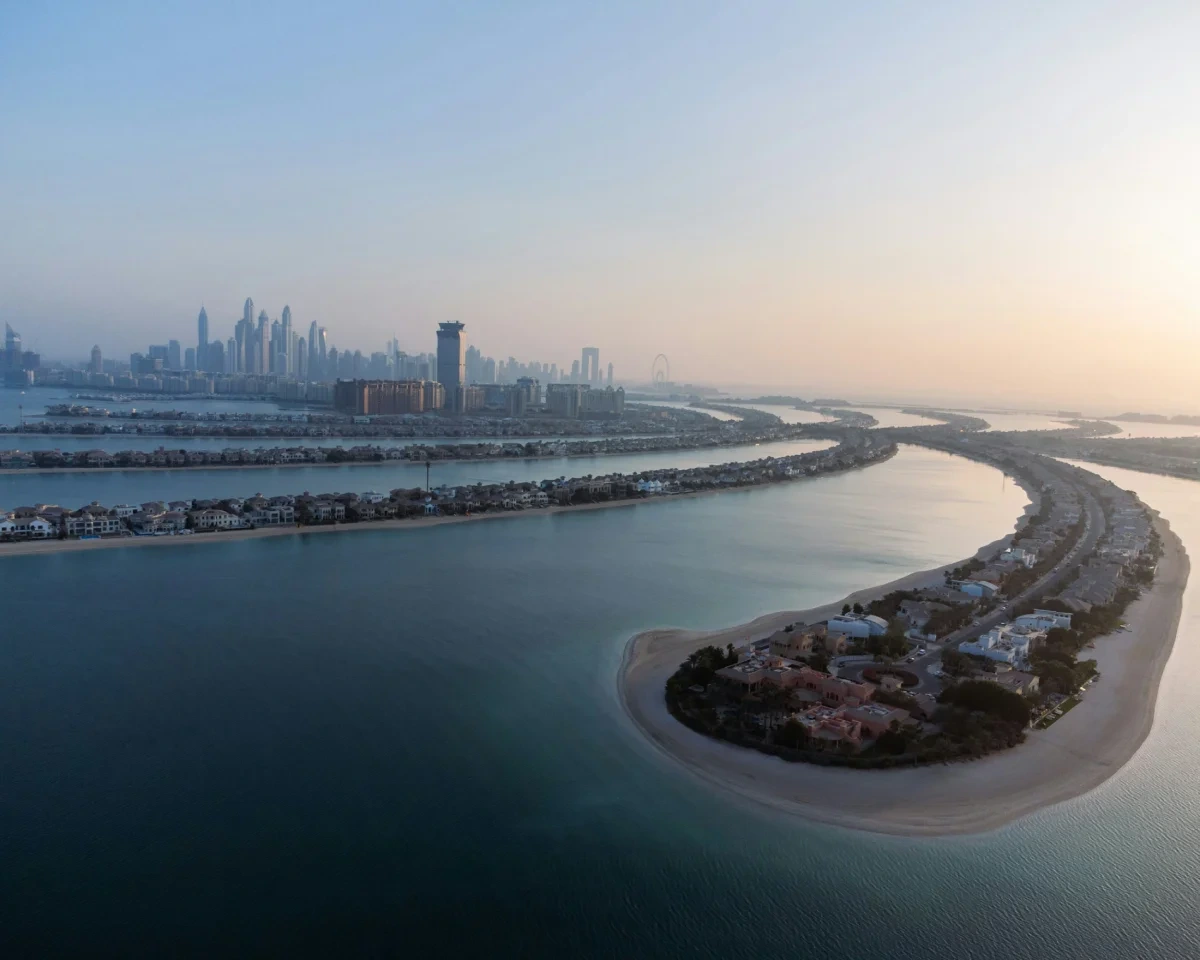

.webp)

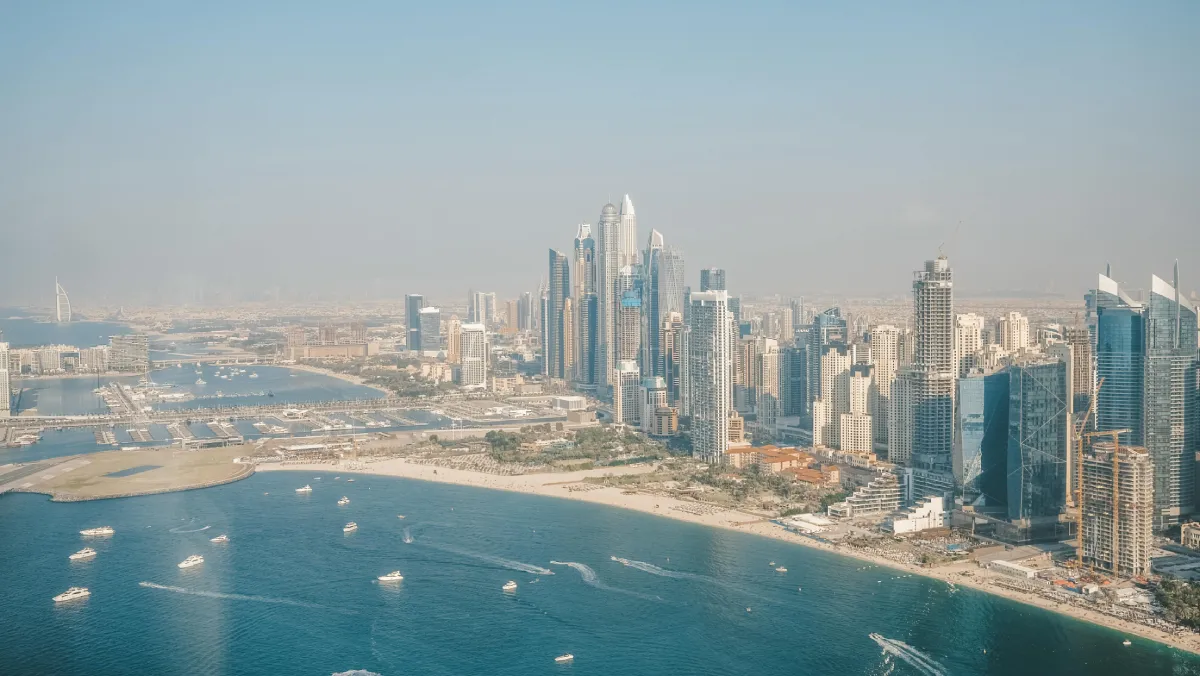





.webp)

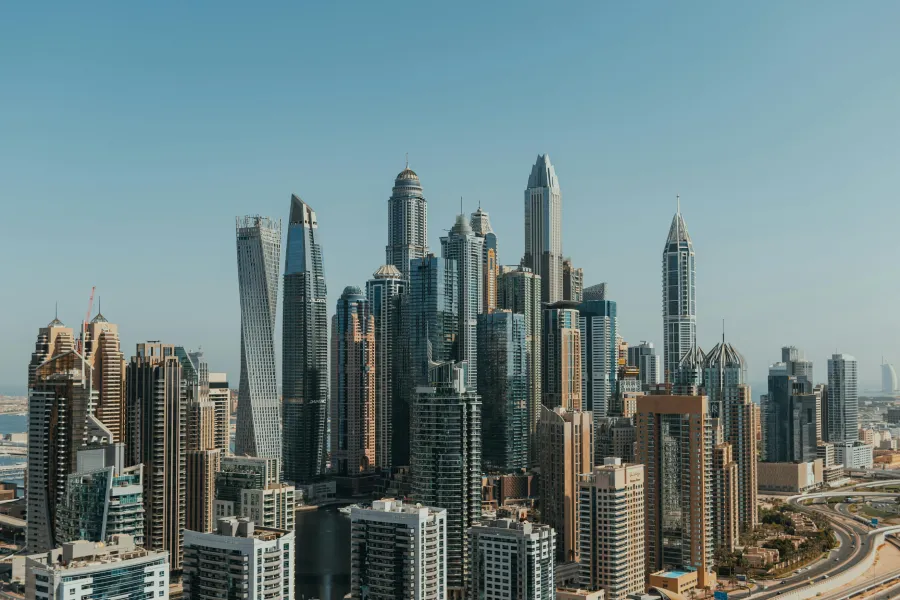

.webp)
.webp)



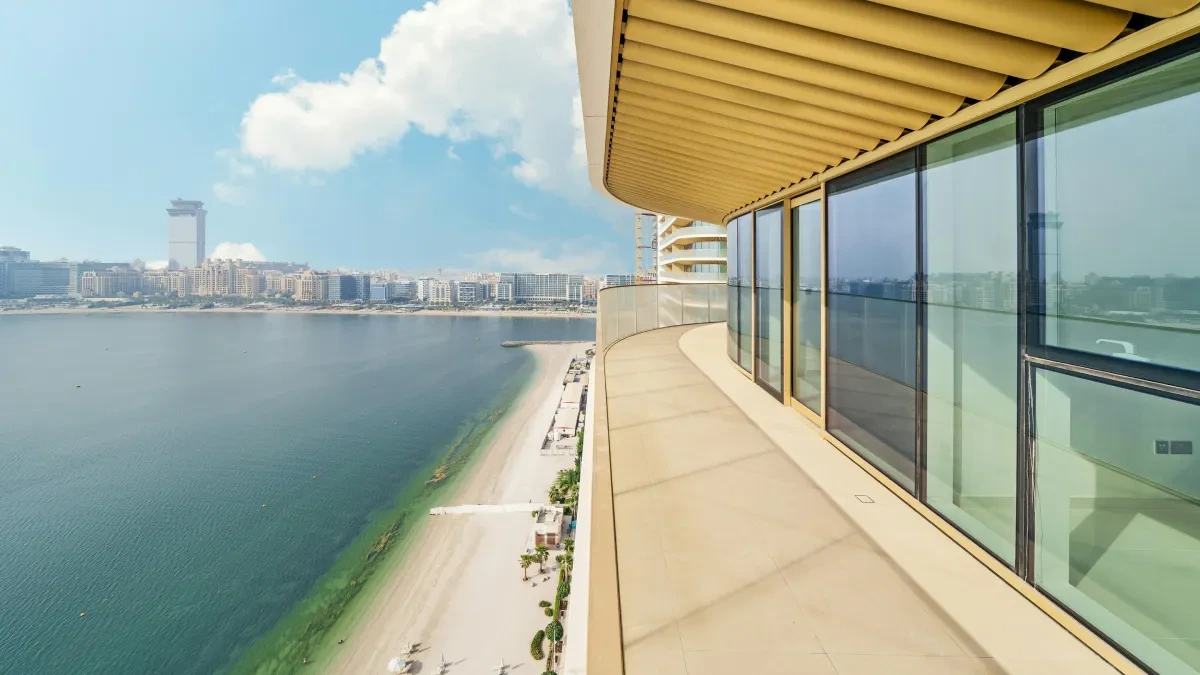





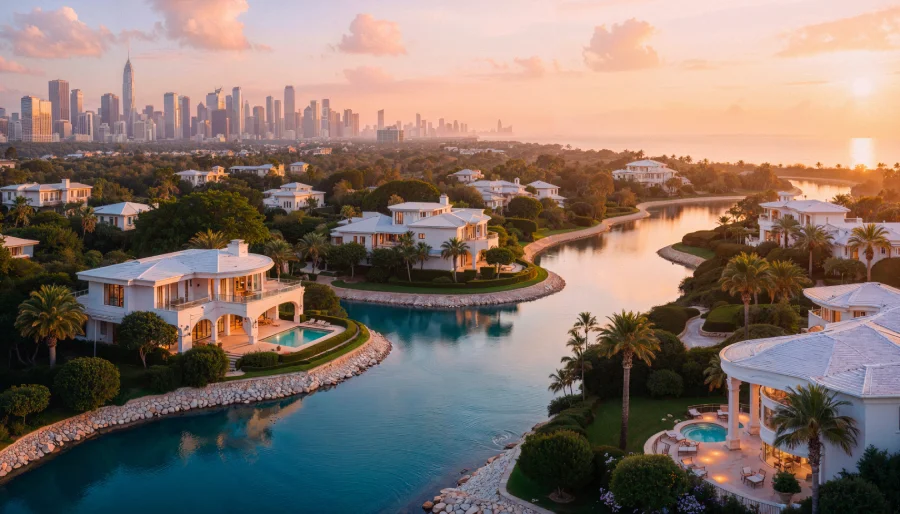



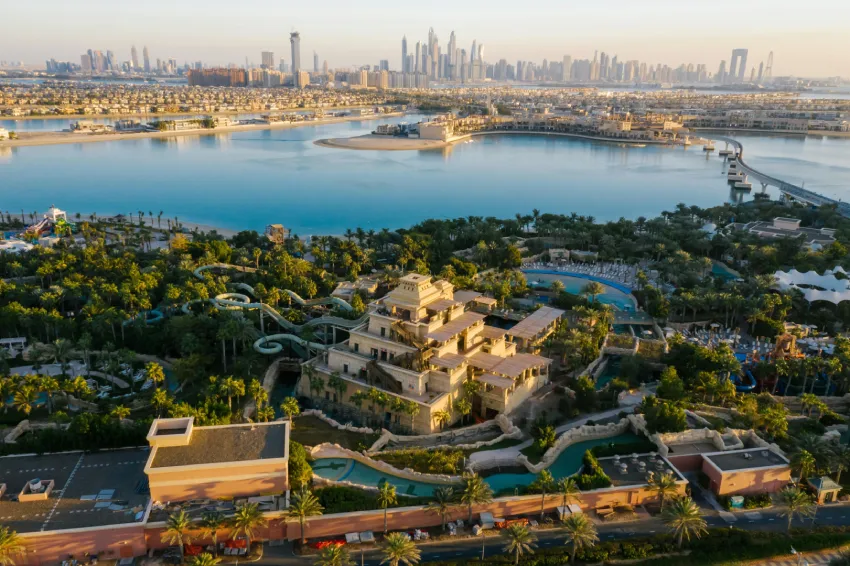




.webp)
.webp)
%20(2).jpg)



